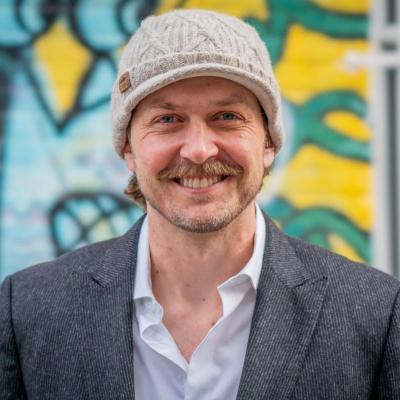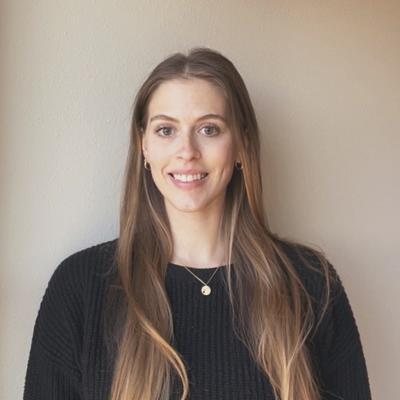Generating mechanistic insights from models and microcosms
Dr. Christopher Weiss-Lehman from the University of Wyoming describes the eco-evolutionary processes that contribute to range shifts and his work modeling community interactions for restoration.
June 7, 2022
Title: From genomes to communities: generating mechanistic insights from models and microcosms
Speaker/Facilitator: Christopher Weiss-Lehman (University of Wyoming)
Abstract: Directly linking ecological and evolutionary theory with rigorous empirical tests is a persistent challenge. In this talk, I will use two vignettes to illustrate how my lab approaches this challenge with controlled microcosm experiments and Bayesian statistical models. In the first vignette, I describe results from a microcosm experiment testing the role of spatial evolutionary processes on the dynamics of range expansions. Using genomic data from these experiments, I describe analyses from my lab quantifying the contributions of distinct evolutionary processes to the increases in speed and variance of range expansions. In the second vignette, I describe a modified sparse modeling approach to estimate pair-wise species interactions from large community datasets. After validating this approach with simulated and empirical data, my co-authors and I are using it to apply modern coexistence theory to empirical, species rich systems that have previously proven too complex for such analyses. In both vignettes, the approaches used by my lab are providing novel mechanistic insights into phenomena and systems that have been difficult to explore previously.
Speaker Bio: Topher got his PhD from CU Boulder, working with Brett Melbourne and the Interdisciplinary Quantitative Biology Program. In his dissertation, he developed novel statistical techniques for assessing extinction risk from occupancy data and used laboratory microcosms to explore the role of spatial evolutionary processes in range expansions. After his dissertation, he worked as a postdoc with Allison Shaw at the University of Minnesota on theoretical models of eco-evolutionary dynamics in climate driven range shifts. In 2019, he took a position as assistant professor in the Botany Department at the University of Wyoming where he has developed a research program focused on the use of statistical models to link ecological and evolutionary theory with data from ecological field studies and laboratory microcosms.

